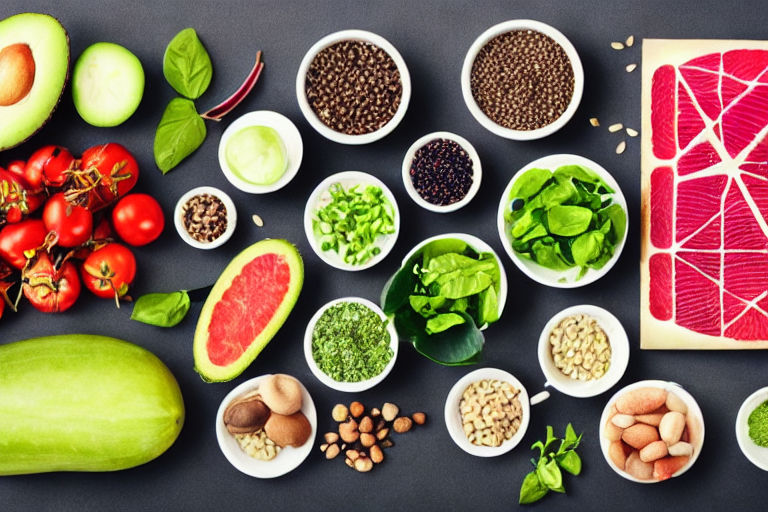The Benefits and Drawbacks of a Vegan Diet
Veganism has become a popular dietary choice over the last few years, with many people choosing to adopt this lifestyle for various reasons. A vegan diet is one that excludes all animal products, including meat, dairy products, eggs, and honey. In this post, we will be discussing the benefits and drawbacks of a vegan diet.
Benefits of a Vegan Diet
1. Health Benefits
A vegan diet can be very beneficial for your health. Plant-based diets have been found to reduce the risk of chronic diseases, such as heart disease, type 2 diabetes, and some cancers. Vegan diets are typically lower in saturated fats, which leads to lower cholesterol levels and a lower risk of heart disease.
2. Weight Loss
Many people who follow a vegan diet for weight loss have found that it is an effective way to shed unwanted pounds. Studies have found that those who follow a vegan diet tend to have a lower body mass index (BMI) than those who follow a diet that includes animal products.
3. Environmental Benefits
A vegan diet is also beneficial for the environment. Animal agriculture is a major contributor to greenhouse gas emissions and deforestation. By choosing a vegan diet, you can reduce your carbon footprint and help to protect the planet.
Drawbacks of a Vegan Diet
1. Nutrient Deficiencies
Vegan diets may lead to nutrient deficiencies if they are not properly planned. Key nutrients that may be lacking in a vegan diet include vitamin B12, vitamin D, calcium, and omega-3 fatty acids. Vegans may need to supplement with these nutrients or consume fortified foods to make up for any potential deficiencies.
2. Social Challenges
Following a vegan diet can sometimes be socially challenging. Eating out with friends or family can be difficult, as many restaurants do not have a lot of vegan options on their menu. People following a vegan diet may also face criticism or skepticism from others who do not understand their lifestyle choices.
3. Potential Cost
Vegan diets can sometimes be more expensive than non-vegan diets. Fresh fruits and vegetables, whole grains, and plant-based proteins can be costly, especially if they are organic. However, there are many affordable vegan options available, such as beans, lentils, and frozen vegetables.
The Bottom Line
A vegan diet can be a healthy and environmentally friendly choice, but it is important to ensure that you are getting all of the necessary nutrients. It can also present some social and financial challenges, but there are ways to overcome these. If you are considering a vegan diet, be sure to speak with a healthcare professional to ensure that it is right for you.



